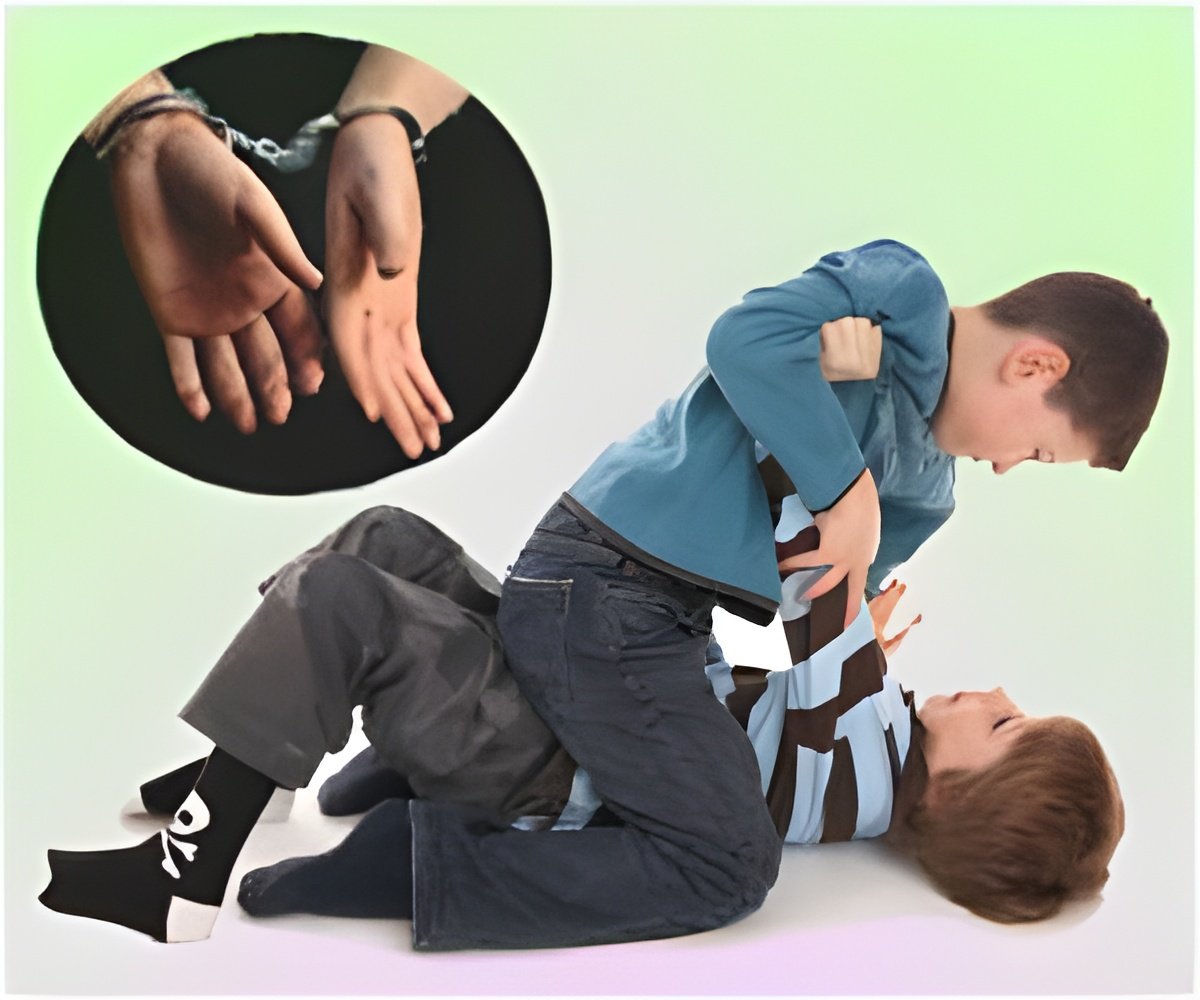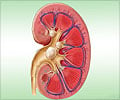Researchers in a new study detected a significant increase in children admitted to the nation's largest children's hospitals due to serious physical abuse over the last decade.

According to the study, overall physical abuse increased by 0.79 percent, and traumatic brain injury increased by 3 percent per year between 2000 and 2009, while overall injury rates fell by 0.8 percent per year over the same time period. The researchers found that each 1 percent increase in 90-day mortgage delinquencies over a one-year period was associated with a 3 percent increase in hospital admissions due to child physical abuse and a 5 percent increase in admissions due to traumatic brain injury suspected to be child abuse.
Dr. Wood says the study highlights opportunities for child welfare agencies and hospitals to collaborate and share data for a more complete picture of child physical abuse rates in communities across the country, in order to develop targeted prevention and intervention.
"Two major themes emerge from this study," said Dr. Wood. "First, we see a clear opportunity to use hospital data along with child welfare data to ensure a more complete picture of child abuse rates both locally and nationally. Second, the study identifies another economic hardship – mortgage foreclosures – that is associated with severe physical abuse. As the foreclosure crisis is projected to continue in the near future, these results highlight the need to better understand the stress that housing insecurity places on families and communities so that we can better support them during difficult times."
PolicyLab's health services researchers, who contributed to the study, note that the public agencies working with vulnerable children and families are better equipped to assist them when the risk factors linked with increased child physical abuse rates are understood. "For example, early prevention efforts could start with a pediatrician or housing counselor providing resources and social services referrals for families," explained Dr. Wood, who is also the research director of Safe Place: Center for Child Protection and Health at CHOP.
According to statistics from the U.S. Department of Health and Human Services, child physical abuse has lasting societal as well as individual consequences, which result in an increased reliance on public assistance and social services– from Medicaid and foster care, to more indirect costs associated with higher rates of criminal activity, mental illness, substance abuse, and domestic violence.
Advertisement
Source-Eurekalert










